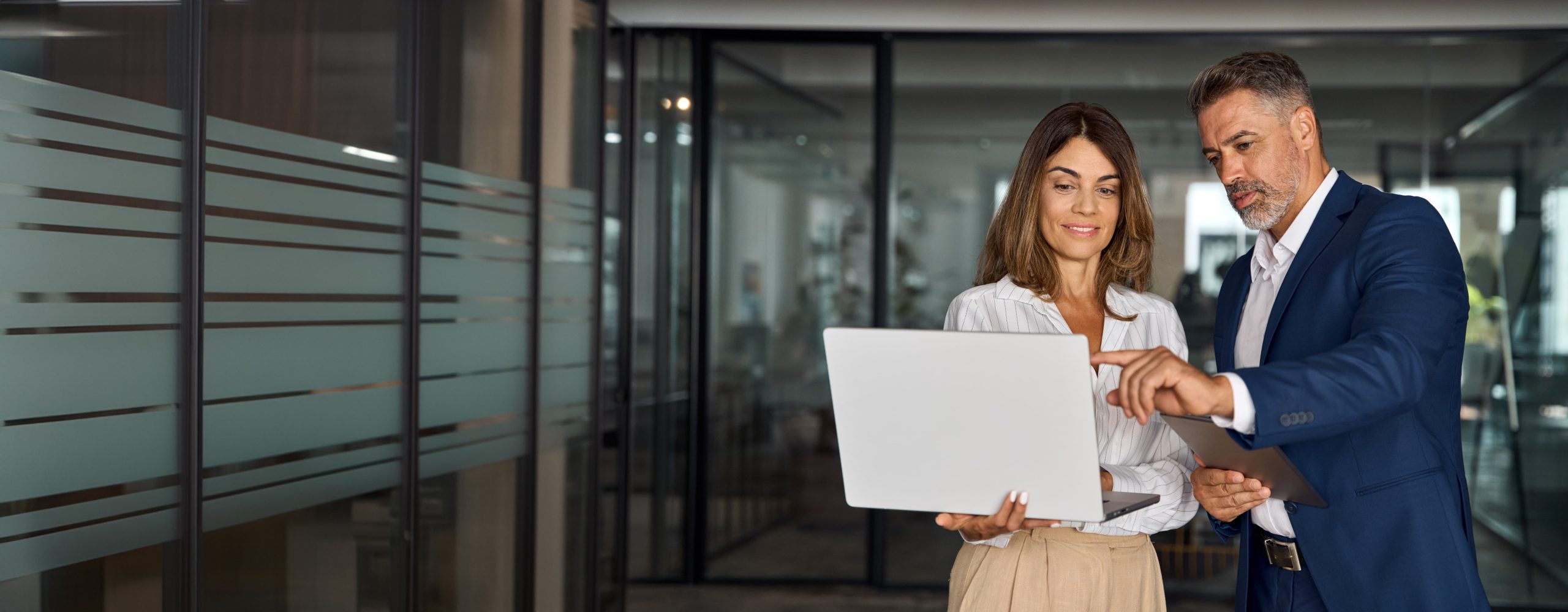Home » Resources » Press and Stories » USA Compliance Blog
United States Compliance Blog

USA Compliance Blog
US Department of Commerce Adds More HTS Codes to Section 232 Steel/Aluminum
September 11, 2025, 7:17 pm (UTC)
Additional 25% Tariff for Indian Goods
September 11, 2025, 7:36 pm (UTC)
Reciprocal Tariff Updates
September 11, 2025, 7:43 pm (UTC)
Section 232 Copper
September 11, 2025, 8:32 pm (UTC)
Brazil New Tariffs
September 11, 2025, 8:25 pm (UTC)
De Minimis
September 11, 2025, 7:50 pm (UTC)
Reciprocal Tariff Pause Set to End July 8
September 11, 2025, 8:43 pm (UTC)
Canada Trade Talks to Resume as Canada Rescinds the Digital Services Tax
September 11, 2025, 8:39 pm (UTC)
Section 232 Aluminum Country of Smelt and Cast
September 11, 2025, 8:47 pm (UTC)